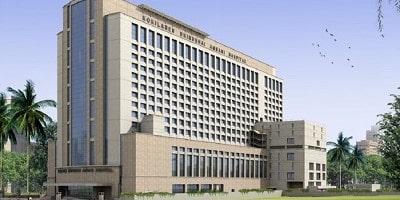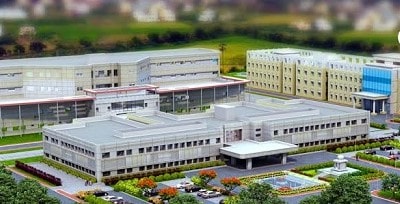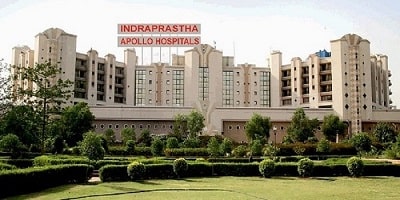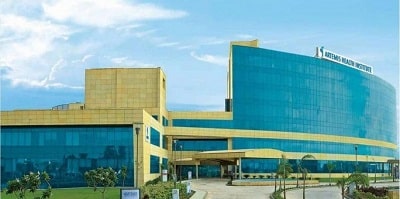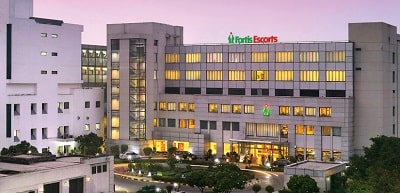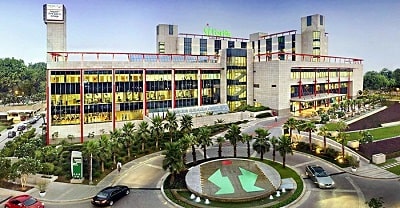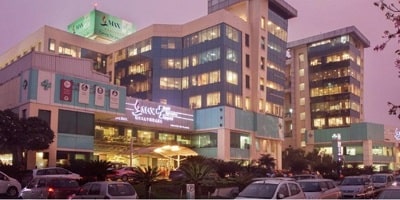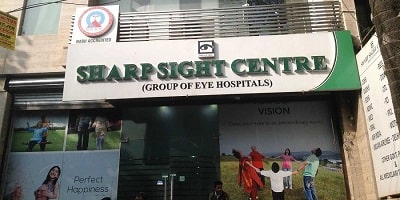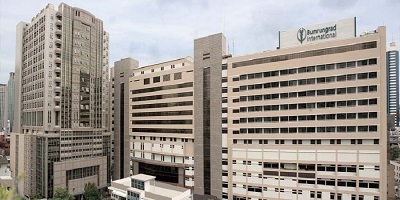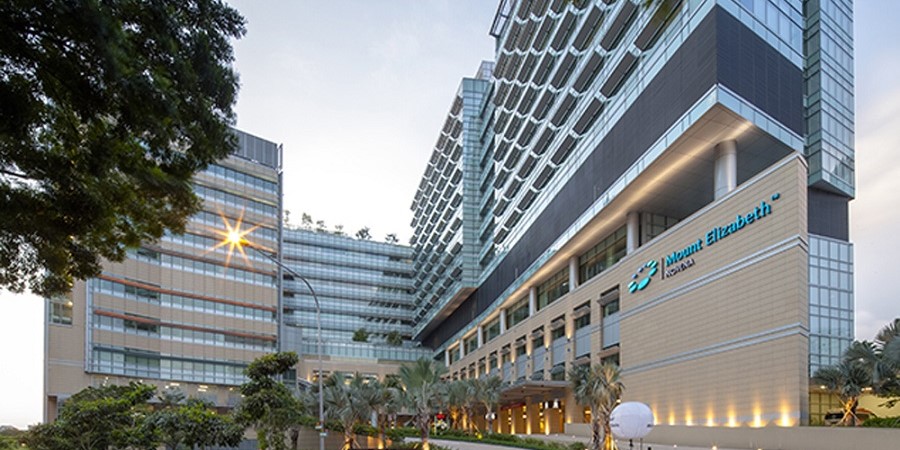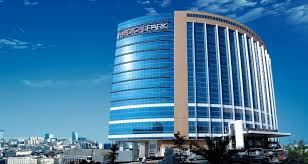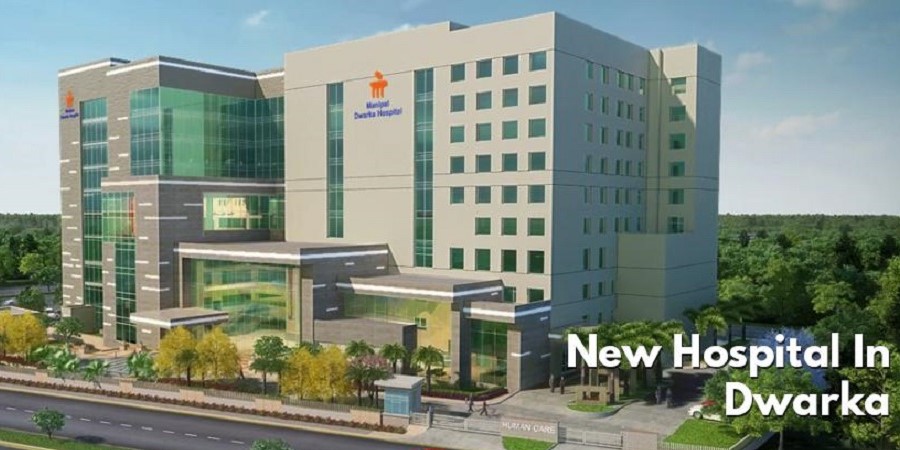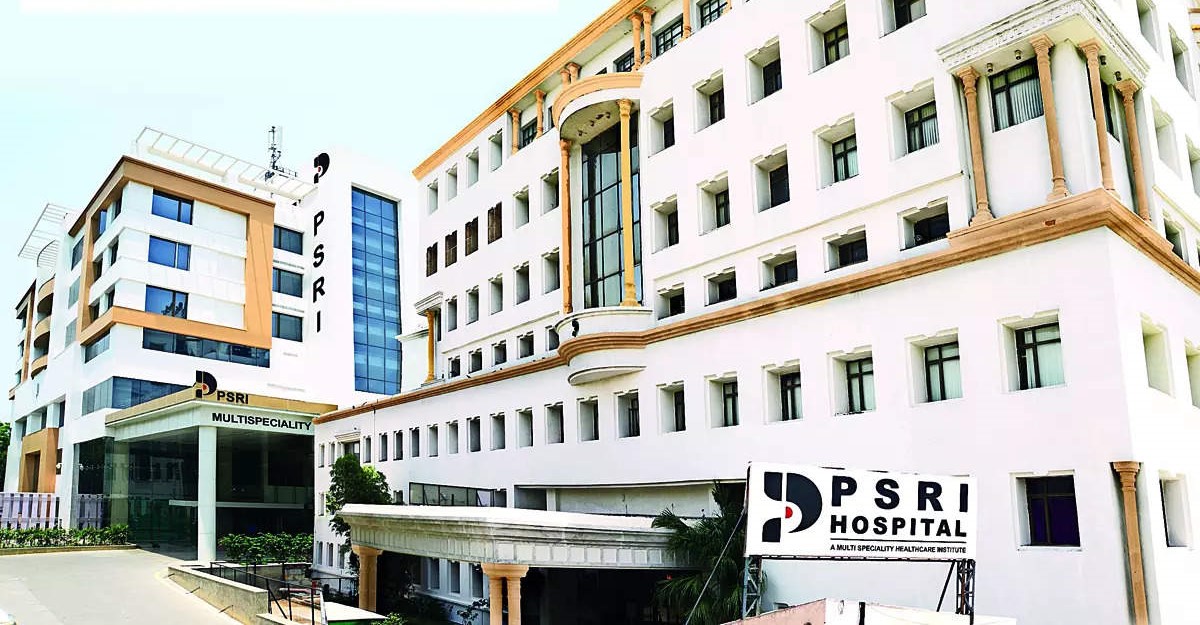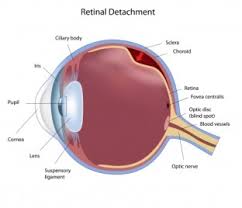
Duration of Treatment
usually takes 1 to 2 hours
Days of Stay
usually day-care in the hospital and 5 days outside the hospital.
Anesthesia
Local anaesthesia.
Cost
3000 to 5000 USD
Are you looking for Retina Surgery Cost in India by a topmost Eye Surgeon and Eye hospital in different cities in India? Get free Query by whatsApp/ viber - + 91 9582708782 or email – treatmentquery@gmail.com
Retina Surgery Cost in India
Retina surgery is a critical medical procedure necessary to treat various retinal conditions that can severely impact vision. India is known for offering advanced retinal surgeries at a fraction of the cost compared to many other countries. Here's an in-depth look at the costs involved and what you need to know about retina surgery in India.
What is Retina Surgery?
Retina surgery encompasses various procedures aimed at repairing retinal damage or disease. The retina is the light-sensitive layer at the back of the eye essential for vision. Conditions requiring retina surgery include:
- Retinal Detachment: The retina peels away from its underlying layer of support tissue.
- Macular Hole: A small break in the macula, the central part of the retina responsible for sharp vision.
- Diabetic Retinopathy: Damage to the retina caused by complications of diabetes, leading to vision loss.
- Epiretinal Membrane: A thin layer of tissue growing on the retina's surface, causing vision distortion.
- Retinal Vein Occlusion: A blockage of the veins carrying blood away from the retina.
Types of Retina Surgery
Several types of retinal surgeries are available, each with different costs:
1. Vitrectomy
A common procedure for various retinal issues, where the vitreous gel (the clear gel inside the eye) is removed and replaced with a saline solution, gas bubble, or silicone oil to allow access to the retina.
2. Laser Surgery
Used to treat conditions like diabetic retinopathy or retinal tears, where laser light is used to create tiny burns around the retinal tears to "weld" the retina back in place.
3. Scleral Buckling
A flexible band (buckle) is placed around the eye to gently push the wall of the eye against the detached retina.
4. Pneumatic Retinopexy
A gas bubble is injected into the vitreous space inside the eye to push the detached retina back into place.
5. Intravitreal Injections
Medications are injected directly into the vitreous cavity to treat conditions like diabetic retinopathy and age-related macular degeneration.
Factors Influencing Retina Surgery Cost
1. Type of Surgery
Different procedures have different costs. For instance, a vitrectomy may cost more than laser surgery.
2. Severity and Complexity
The complexity of the condition and the required surgical intervention can significantly impact the cost.
3. Hospital and Location
- Hospitals in metropolitan areas like Mumbai, Delhi, and Bangalore may charge higher fees compared to those in smaller cities.
- Reputed hospitals with advanced technology and experienced specialists may also have higher costs.
4. Surgeon’s Expertise
Surgeons with extensive experience and a strong reputation in retinal surgery may charge higher fees.
5. Pre- and Post-Surgery Care
- Diagnostic tests, consultations, medications, and follow-up visits can add to the overall cost.
- Comprehensive packages that include these services may be available.
Average Cost of Retina Surgery in India
The cost of retina surgery in India varies widely depending on the factors mentioned above. Here’s an approximate cost range for different types of retina surgery:
- Vitrectomy: 1600 - 2000 USD
- Laser Surgery: 900 to 1200 USD
- Scleral Buckling: 900 to 1200 USD
- Pneumatic Retinopexy: 900 to 1200 USD
- Intravitreal Injections: 500 to 1500 per injection
List of Top Best Eye Hospitals in India
When choosing a hospital for eye surgery, consider the hospital’s reputation, technology, and the expertise of the surgeons. Some of the top hospitals for retina surgery in India include:
- Aravind Eye Hospital
- L V Prasad Eye Institute
- Dr. Agarwal's Eye Hospital
- Shroff Eye Centre
- Narayana Nethralaya
- Sharp Eye Hospital
- EYE 7 Hospital
- Center for Sight
- Eye Health Clinic
- Smt. Lilavati Mohanlal Shah
Conclusion
Retina surgery is vital for preserving and restoring vision in individuals with retinal conditions. The cost of retina surgery in India is relatively affordable compared to many other countries, but it’s essential to consider all factors influencing the cost and choose a reputable hospital and surgeon for the best outcome.
Investing in your eye health is crucial, and understanding the costs involved will help you make an informed decision. Always consult with an experienced ophthalmologist to discuss your specific needs and determine the most suitable treatment option for your condition.
Retina surgery signs include:
- Blurred vision
- Dim vision
- Distorted vision
- Number of floaters
- Flashes of light
- Gradually reduced side (peripheral) vision
Retina surgery risk factor includes:-
- Risks of anaesthesia
- Bleeding
- Infection
- Vision loss
- Myopia,
- Retinal Tears
- Trauma
- To identify the diagnosis doctor advised going for complete evolution - usually blood investigation, fundus photography or ophthalmoscopy, an instrument with a bright light and pupil dilation.
- Before the operation, you’ll be asked to sign a consent form, which gives the surgeon permission to carry out the treatment.
- The doctor should be informed about any medication that the patient may be taking.
- The patient is admitted to the hospital on the same days before the procedures.
- Thinners medicines may have to stop before 3 days of surgery.
- The Best Retina Surgery Cost in India starting from 3000 to 5000 USD the cost varies depending upon City, hospitals, Eye surgeon’s qualifications & experience.
A retinal surgery or a detached retina will treat with a surgical procedure based on patient condition. Before surgery, the eye surgeon and anesthesia doctors will guide you about the benefits and risk factors of treatment.
These are a line of treatment for Retina surgery:-
Torn retina surgery: Most retinal tears need to be treated by sealing the retina to the back wall of the eye with laser surgery or cryotherapy (a freezing treatment). Both of these procedures create a scar that helps seal the retina to the back of the eye.
Laser surgery (photocoagulation): With laser surgery, the ophthalmologist uses a laser to make small burns around the retinal tear. The scarring that results in seals the retina to the underlying tissue, helping to prevent a retinal detachment.
Freezing (cryopexy): The eye surgeon uses a special freezing probe to apply intense cold and freeze the retina around the retinal tear. The result is a scar that helps secure the retina to the eyewall.
Detached retina surgery: This treatment involves placing a flexible band (scleral buckle) around the eye to counteract the force pulling the retina out of place. The ophthalmologist often drains the fluid under the detached retina, allowing the retina to settle back into its normal position against the back wall of the eye. This procedure is performed in an operating room.
- The doctor will give complete information about post care of surgery, regarding recovery; proper caring of incisions, taking medications and managing.
- Patients are allowed to wear sunglasses to protest eyes for the first week.
- Read books in moderation for the first week.
- Need follow-up after 6 months
Retina Surgery Success Rate
Retina surgery is a crucial procedure designed to address various retinal conditions that can lead to vision loss if untreated. The success rate of retina surgeries is generally high, but it can vary depending on several factors such as the type of surgery, the specific retinal condition being treated, and the overall health of the patient’s eye. Here’s an in-depth look at the success rates of different retina surgeries and the factors influencing these outcomes.
Types of Retina Surgery and Their Success Rates
1. Vitrectomy
Vitrectomy is a common surgery used to treat a variety of retinal disorders, including retinal detachment, macular holes, and diabetic retinopathy.
- Retinal Detachment: Success rates for vitrectomy in treating retinal detachment can range from 85% to 90% for the initial surgery. If additional surgeries are required, the overall success rate can increase to 95% or higher.
- Macular Hole: Success rates for macular hole repair with vitrectomy are typically around 90% or higher, with significant improvement in vision for many patients.
- Diabetic Retinopathy: The success rate for vitrectomy in treating severe diabetic retinopathy varies but is generally high, with many patients experiencing stabilization or improvement in vision.
2. Laser Surgery
Laser surgery is often used to treat diabetic retinopathy, retinal tears, and some cases of retinal vein occlusion.
- Diabetic Retinopathy: Laser photocoagulation has a success rate of about 90% in preventing further vision loss in patients with proliferative diabetic retinopathy.
- Retinal Tears: Laser surgery has a high success rate of over 90% in sealing retinal tears and preventing retinal detachment.
3. Scleral Buckling
Scleral buckling is used primarily for treating retinal detachment.
- Retinal Detachment: The success rate for scleral buckling in treating retinal detachment ranges from 80% to 90% for the initial surgery. Additional procedures can further improve the success rate.
4. Pneumatic Retinopexy
Pneumatic retinopexy is a less invasive procedure used to treat certain types of retinal detachment.
- Retinal Detachment: The success rate for pneumatic retinopexy is around 80% to 85% for suitable cases. Some patients may require additional surgeries for complete retinal reattachment.
5. Intravitreal Injections
Intravitreal injections are used to deliver medications directly into the eye to treat conditions like diabetic macular edema, age-related macular degeneration (AMD), and retinal vein occlusion.
- Diabetic Macular Edema and AMD: Success rates vary depending on the specific medication used (e.g., anti-VEGF drugs like Avastin, Lucentis, and Eylea) but are generally high, with many patients experiencing stabilization or improvement in vision.
Factors Influencing Success Rates
1. Type and Severity of Condition
The specific retinal condition and its severity at the time of treatment significantly impact the success rate. Early diagnosis and treatment generally lead to better outcomes.
2. Patient’s Overall Health
Conditions such as diabetes and hypertension can affect the success rate of retina surgeries. Controlling these underlying conditions can improve surgical outcomes.
3. Surgeon’s Expertise
The experience and skill of the surgeon play a crucial role in the success of retina surgeries. Surgeons with extensive experience and specialized training in retinal procedures tend to have higher success rates.
4. Post-Surgery Care
Adhering to post-surgery care instructions, including follow-up visits, medications, and lifestyle adjustments, is essential for achieving the best possible outcomes.
5. Technology and Equipment
Hospitals and clinics equipped with advanced technology and state-of-the-art equipment can perform more precise and effective surgeries, leading to higher success rates.
Conclusion
Retina surgery has a high success rate for many retinal conditions, providing significant improvements in vision and quality of life for patients. However, individual outcomes can vary based on several factors, including the type and severity of the condition, the patient’s overall health, and the expertise of the surgeon.
If you are considering retina surgery, it is crucial to consult with an experienced ophthalmologist to understand your specific condition and the expected outcomes. Early diagnosis and timely intervention are key to achieving the best possible results.
- Are you a board-certified eye surgeon in India?
- How many years’ experience of you has in this field?
- How many surgeries are you doing every day?
- Does your hospital certify to perform retina surgery?
- Am I a good patient for you to retina surgery?
- Let me know success rates and how long time will take for recovery?
- What treatment plan do you recommend and Why?
- What are my options if I am not satisfied with the outcome of my treatment surgery?
- What are the advantages and disadvantages of retina surgery?
- How long I have to stay in the hospital and outside the hospital?
- What are the risk factors for this type of retina surgery?
- When can I go for normal activities, including exercise?
- Do I have stitches, staples, and/or bandages?
- Do I have a scar or other permanent effects from the retina surgery?
- What type of results can I expect?
- Do I need to go to another retina surgery in the future?
- Do I need any follow-up appointments or tests after my retina surgery?
Top Doctors
Sorry, There is nothing to show!Come back soon.
Top Hospitals
RETINA SURGERY COST IN INDIA

Duration of Treatment
usually takes 1 to 2 hours
Days of Stay
usually day-care in the hospital and 5 days outside the hospital.
Anesthesia
Local anaesthesia.
Cost
3000 to 5000 USD
Are you looking for Retina Surgery Cost in India by a topmost Eye Surgeon and Eye hospital in different cities in India? Get free Query by whatsApp/ viber - + 91 9582708782 or email – treatmentquery@gmail.com
Retina Surgery Cost in India
Retina surgery is a critical medical procedure necessary to treat various retinal conditions that can severely impact vision. India is known for offering advanced retinal surgeries at a fraction of the cost compared to many other countries. Here's an in-depth look at the costs involved and what you need to know about retina surgery in India.
What is Retina Surgery?
Retina surgery encompasses various procedures aimed at repairing retinal damage or disease. The retina is the light-sensitive layer at the back of the eye essential for vision. Conditions requiring retina surgery include:
- Retinal Detachment: The retina peels away from its underlying layer of support tissue.
- Macular Hole: A small break in the macula, the central part of the retina responsible for sharp vision.
- Diabetic Retinopathy: Damage to the retina caused by complications of diabetes, leading to vision loss.
- Epiretinal Membrane: A thin layer of tissue growing on the retina's surface, causing vision distortion.
- Retinal Vein Occlusion: A blockage of the veins carrying blood away from the retina.
Types of Retina Surgery
Several types of retinal surgeries are available, each with different costs:
1. Vitrectomy
A common procedure for various retinal issues, where the vitreous gel (the clear gel inside the eye) is removed and replaced with a saline solution, gas bubble, or silicone oil to allow access to the retina.
2. Laser Surgery
Used to treat conditions like diabetic retinopathy or retinal tears, where laser light is used to create tiny burns around the retinal tears to "weld" the retina back in place.
3. Scleral Buckling
A flexible band (buckle) is placed around the eye to gently push the wall of the eye against the detached retina.
4. Pneumatic Retinopexy
A gas bubble is injected into the vitreous space inside the eye to push the detached retina back into place.
5. Intravitreal Injections
Medications are injected directly into the vitreous cavity to treat conditions like diabetic retinopathy and age-related macular degeneration.
Factors Influencing Retina Surgery Cost
1. Type of Surgery
Different procedures have different costs. For instance, a vitrectomy may cost more than laser surgery.
2. Severity and Complexity
The complexity of the condition and the required surgical intervention can significantly impact the cost.
3. Hospital and Location
- Hospitals in metropolitan areas like Mumbai, Delhi, and Bangalore may charge higher fees compared to those in smaller cities.
- Reputed hospitals with advanced technology and experienced specialists may also have higher costs.
4. Surgeon’s Expertise
Surgeons with extensive experience and a strong reputation in retinal surgery may charge higher fees.
5. Pre- and Post-Surgery Care
- Diagnostic tests, consultations, medications, and follow-up visits can add to the overall cost.
- Comprehensive packages that include these services may be available.
Average Cost of Retina Surgery in India
The cost of retina surgery in India varies widely depending on the factors mentioned above. Here’s an approximate cost range for different types of retina surgery:
- Vitrectomy: 1600 - 2000 USD
- Laser Surgery: 900 to 1200 USD
- Scleral Buckling: 900 to 1200 USD
- Pneumatic Retinopexy: 900 to 1200 USD
- Intravitreal Injections: 500 to 1500 per injection
List of Top Best Eye Hospitals in India
When choosing a hospital for eye surgery, consider the hospital’s reputation, technology, and the expertise of the surgeons. Some of the top hospitals for retina surgery in India include:
- Aravind Eye Hospital
- L V Prasad Eye Institute
- Dr. Agarwal's Eye Hospital
- Shroff Eye Centre
- Narayana Nethralaya
- Sharp Eye Hospital
- EYE 7 Hospital
- Center for Sight
- Eye Health Clinic
- Smt. Lilavati Mohanlal Shah
Conclusion
Retina surgery is vital for preserving and restoring vision in individuals with retinal conditions. The cost of retina surgery in India is relatively affordable compared to many other countries, but it’s essential to consider all factors influencing the cost and choose a reputable hospital and surgeon for the best outcome.
Investing in your eye health is crucial, and understanding the costs involved will help you make an informed decision. Always consult with an experienced ophthalmologist to discuss your specific needs and determine the most suitable treatment option for your condition.
symptoms
Retina surgery signs include:
- Blurred vision
- Dim vision
- Distorted vision
- Number of floaters
- Flashes of light
- Gradually reduced side (peripheral) vision
risk factors
Retina surgery risk factor includes:-
- Risks of anaesthesia
- Bleeding
- Infection
- Vision loss
- Myopia,
- Retinal Tears
- Trauma
preparation
- To identify the diagnosis doctor advised going for complete evolution - usually blood investigation, fundus photography or ophthalmoscopy, an instrument with a bright light and pupil dilation.
- Before the operation, you’ll be asked to sign a consent form, which gives the surgeon permission to carry out the treatment.
- The doctor should be informed about any medication that the patient may be taking.
- The patient is admitted to the hospital on the same days before the procedures.
- Thinners medicines may have to stop before 3 days of surgery.
- The Best Retina Surgery Cost in India starting from 3000 to 5000 USD the cost varies depending upon City, hospitals, Eye surgeon’s qualifications & experience.
procedure
A retinal surgery or a detached retina will treat with a surgical procedure based on patient condition. Before surgery, the eye surgeon and anesthesia doctors will guide you about the benefits and risk factors of treatment.
These are a line of treatment for Retina surgery:-
Torn retina surgery: Most retinal tears need to be treated by sealing the retina to the back wall of the eye with laser surgery or cryotherapy (a freezing treatment). Both of these procedures create a scar that helps seal the retina to the back of the eye.
Laser surgery (photocoagulation): With laser surgery, the ophthalmologist uses a laser to make small burns around the retinal tear. The scarring that results in seals the retina to the underlying tissue, helping to prevent a retinal detachment.
Freezing (cryopexy): The eye surgeon uses a special freezing probe to apply intense cold and freeze the retina around the retinal tear. The result is a scar that helps secure the retina to the eyewall.
Detached retina surgery: This treatment involves placing a flexible band (scleral buckle) around the eye to counteract the force pulling the retina out of place. The ophthalmologist often drains the fluid under the detached retina, allowing the retina to settle back into its normal position against the back wall of the eye. This procedure is performed in an operating room.
post procedure
- The doctor will give complete information about post care of surgery, regarding recovery; proper caring of incisions, taking medications and managing.
- Patients are allowed to wear sunglasses to protest eyes for the first week.
- Read books in moderation for the first week.
- Need follow-up after 6 months
success rate
Retina Surgery Success Rate
Retina surgery is a crucial procedure designed to address various retinal conditions that can lead to vision loss if untreated. The success rate of retina surgeries is generally high, but it can vary depending on several factors such as the type of surgery, the specific retinal condition being treated, and the overall health of the patient’s eye. Here’s an in-depth look at the success rates of different retina surgeries and the factors influencing these outcomes.
Types of Retina Surgery and Their Success Rates
1. Vitrectomy
Vitrectomy is a common surgery used to treat a variety of retinal disorders, including retinal detachment, macular holes, and diabetic retinopathy.
- Retinal Detachment: Success rates for vitrectomy in treating retinal detachment can range from 85% to 90% for the initial surgery. If additional surgeries are required, the overall success rate can increase to 95% or higher.
- Macular Hole: Success rates for macular hole repair with vitrectomy are typically around 90% or higher, with significant improvement in vision for many patients.
- Diabetic Retinopathy: The success rate for vitrectomy in treating severe diabetic retinopathy varies but is generally high, with many patients experiencing stabilization or improvement in vision.
2. Laser Surgery
Laser surgery is often used to treat diabetic retinopathy, retinal tears, and some cases of retinal vein occlusion.
- Diabetic Retinopathy: Laser photocoagulation has a success rate of about 90% in preventing further vision loss in patients with proliferative diabetic retinopathy.
- Retinal Tears: Laser surgery has a high success rate of over 90% in sealing retinal tears and preventing retinal detachment.
3. Scleral Buckling
Scleral buckling is used primarily for treating retinal detachment.
- Retinal Detachment: The success rate for scleral buckling in treating retinal detachment ranges from 80% to 90% for the initial surgery. Additional procedures can further improve the success rate.
4. Pneumatic Retinopexy
Pneumatic retinopexy is a less invasive procedure used to treat certain types of retinal detachment.
- Retinal Detachment: The success rate for pneumatic retinopexy is around 80% to 85% for suitable cases. Some patients may require additional surgeries for complete retinal reattachment.
5. Intravitreal Injections
Intravitreal injections are used to deliver medications directly into the eye to treat conditions like diabetic macular edema, age-related macular degeneration (AMD), and retinal vein occlusion.
- Diabetic Macular Edema and AMD: Success rates vary depending on the specific medication used (e.g., anti-VEGF drugs like Avastin, Lucentis, and Eylea) but are generally high, with many patients experiencing stabilization or improvement in vision.
Factors Influencing Success Rates
1. Type and Severity of Condition
The specific retinal condition and its severity at the time of treatment significantly impact the success rate. Early diagnosis and treatment generally lead to better outcomes.
2. Patient’s Overall Health
Conditions such as diabetes and hypertension can affect the success rate of retina surgeries. Controlling these underlying conditions can improve surgical outcomes.
3. Surgeon’s Expertise
The experience and skill of the surgeon play a crucial role in the success of retina surgeries. Surgeons with extensive experience and specialized training in retinal procedures tend to have higher success rates.
4. Post-Surgery Care
Adhering to post-surgery care instructions, including follow-up visits, medications, and lifestyle adjustments, is essential for achieving the best possible outcomes.
5. Technology and Equipment
Hospitals and clinics equipped with advanced technology and state-of-the-art equipment can perform more precise and effective surgeries, leading to higher success rates.
Conclusion
Retina surgery has a high success rate for many retinal conditions, providing significant improvements in vision and quality of life for patients. However, individual outcomes can vary based on several factors, including the type and severity of the condition, the patient’s overall health, and the expertise of the surgeon.
If you are considering retina surgery, it is crucial to consult with an experienced ophthalmologist to understand your specific condition and the expected outcomes. Early diagnosis and timely intervention are key to achieving the best possible results.
faqs from doctor
- Are you a board-certified eye surgeon in India?
- How many years’ experience of you has in this field?
- How many surgeries are you doing every day?
- Does your hospital certify to perform retina surgery?
- Am I a good patient for you to retina surgery?
- Let me know success rates and how long time will take for recovery?
- What treatment plan do you recommend and Why?
- What are my options if I am not satisfied with the outcome of my treatment surgery?
- What are the advantages and disadvantages of retina surgery?
- How long I have to stay in the hospital and outside the hospital?
- What are the risk factors for this type of retina surgery?
- When can I go for normal activities, including exercise?
- Do I have stitches, staples, and/or bandages?
- Do I have a scar or other permanent effects from the retina surgery?
- What type of results can I expect?
- Do I need to go to another retina surgery in the future?
- Do I need any follow-up appointments or tests after my retina surgery?
Top Doctors
Sorry, There is nothing to show!Come back soon.
